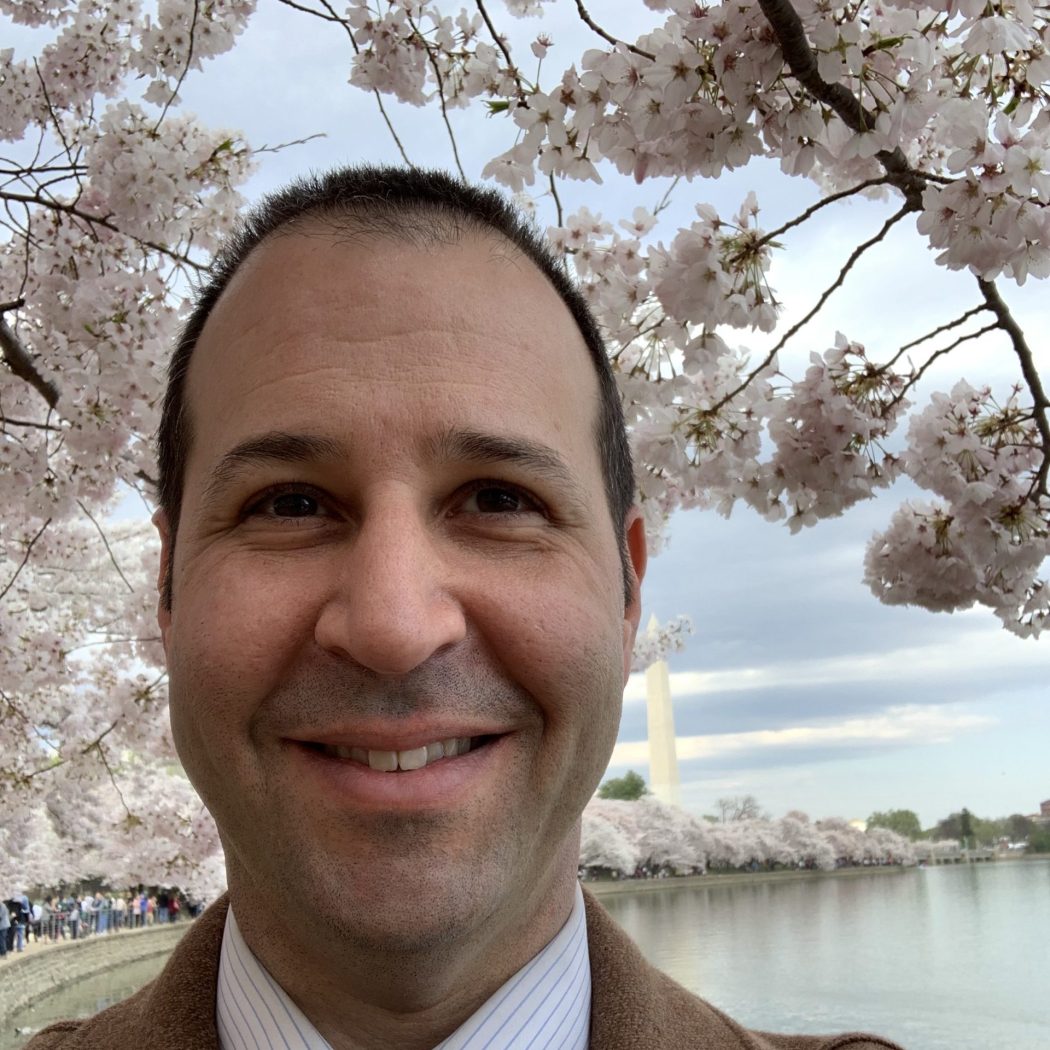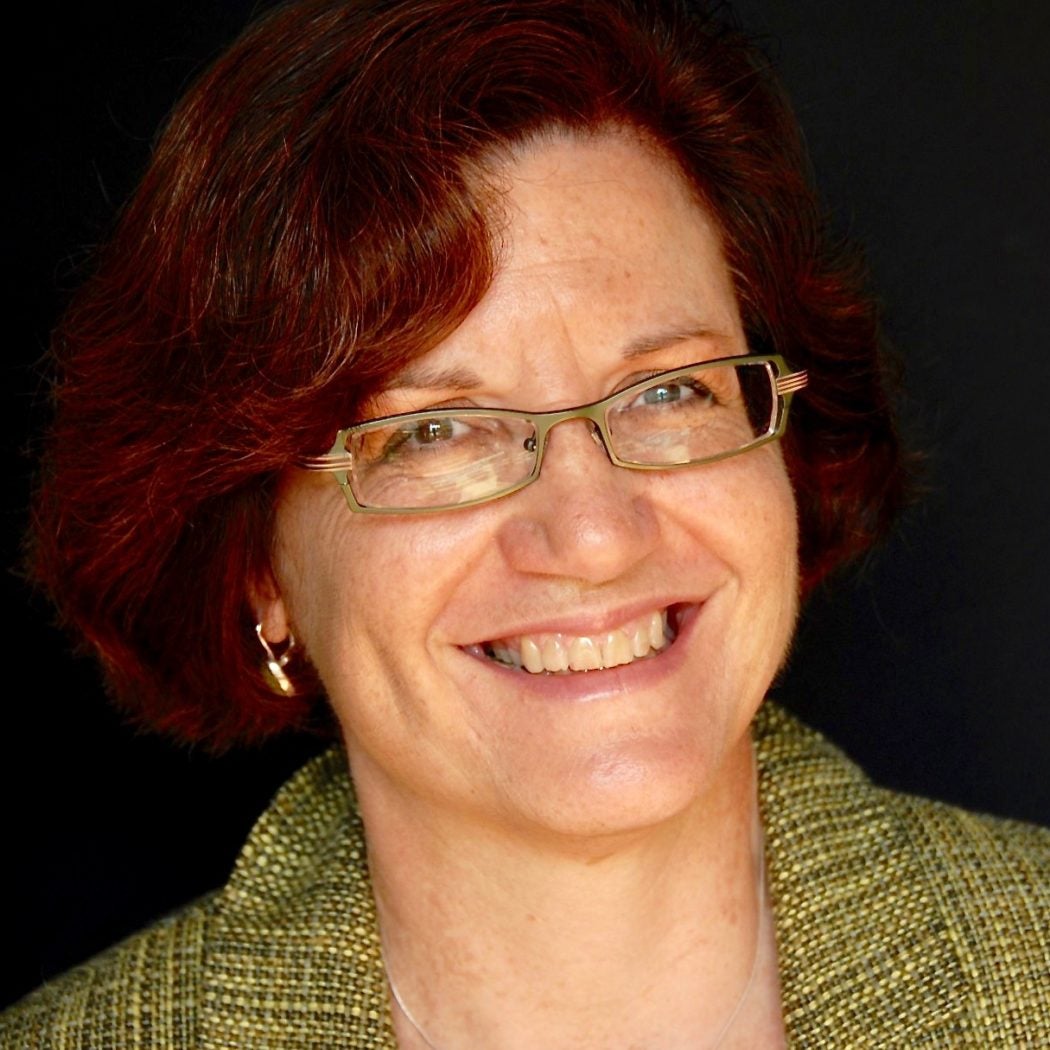GPEP-Digital

The Digital Double Movement
The world is in the midst of a new industrial revolution. This revolution is marked by a shift from the dominance of mass manufacturing to the rise of digital services as the generator of value. At a micro-level, data has become a critical resource for profit, and those companies that are positioned to harness it enjoy tremendous economic and political opportunity. More broadly, however, the impact on societies is less clear. Work on surveillance capitalism and digital authoritarianism suggest that the winners and losers may not be equally distributed but will tilt towards a few powerful firms and governments. Early liberationist hype associated with the Internet has given way to the prospect of a darker future dominated by control.
This project seeks to understand the politics of an alternative path. How might the opportunities generated by digital technologies align with basic democratic principles and the rents from the digital revolution be distributed broadly? In other words, is there an analogous project to Karl Polanyi’s double movement for a digital age? Hints of such an approach are already percolating up across a number of different policy settings from local government regulations on facial recognition, to pan-European rules on data privacy, to global private sector standards related to cyberwar. Yet there has been little reckoning of what this might add up to and how such an alternative path might unfold.
A key goal of the project has been to catalog what governments and private actors are doing to avert the worst forms of surveillance capitalism or digital authoritarianism. A second related objective is to understand the political economy – the interests, institutions, and ideas that would support and maintain a sustainable form of equitable digital capitalism.
To do this, the project has brought together scholars from comparative and international political economy, who have studied similar issues during past transitions, with scholars of information technology. What, for example, can the political coalition of the progressive era tell us about the potential for a new politics of digital anti-trust? What role did firms play in previous welfare state innovations and how might they be activated to do it again today? When might private global governance under corporate Terms of Service turn into more codified public law rules? Could ideas like the precautionary principle, which animates past EU regulation, shape the contours of the digital revolution? When and under what conditions can global markets be sustained when individual countries rely on different political systems and values? What do we know from past episodes of profound economic change about how the digital revolution restructures power relations and generates new power asymmetries?
More information about this project can be found in this booklet.
On April 23 and 24, 2021 we hosted our event: The political economy of a digital double movement: beyond surveillance capitalism and digital authoritarianism at Georgetown.
Participants
-
Abraham Newman

Former Director of the Mortara Center, Professor, Co-Director of the Global Political Economy Project (GPEP)
-
Adam Sheingate

Johns Hopkins University
-
Danaë Metaxa

Stanford University
-
Jamie Martin

Walsh School of Foreign Service, Georgetown University
-
John Zysman

UC Berkeley
-
J.P. Singh

George Mason University
-
Julie E Cohen

Georgetown University Law Center
-
Kathleen R. McNamara

Former Director of the Mortara Center, Professor, Co-Director of the Global Political Economy Project (GPEP)
-
Lizhi Liu

McDonough School of Business, Georgetown University
-
Loriana Crasnic

University of Zurich
-
Paul Musgrave

University of Massachusetts Amherst
-
Robert Basedow

London School of Economics
-
Swati Srivastava

Purdue University
-
Vincent Arel-Bundock

Université de Montréal
-
Virginia Haufler

University of Maryland